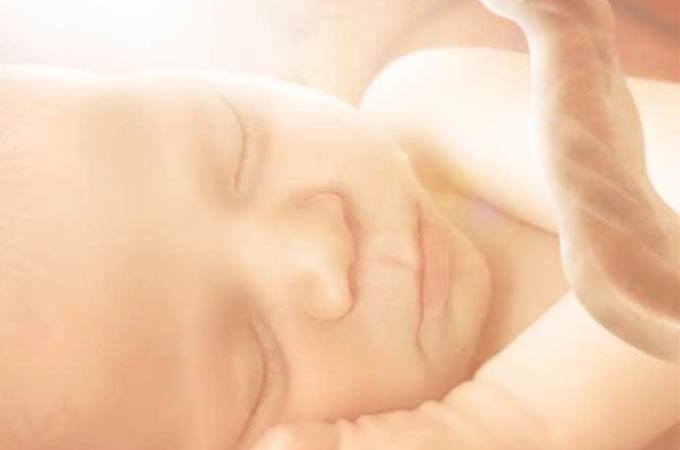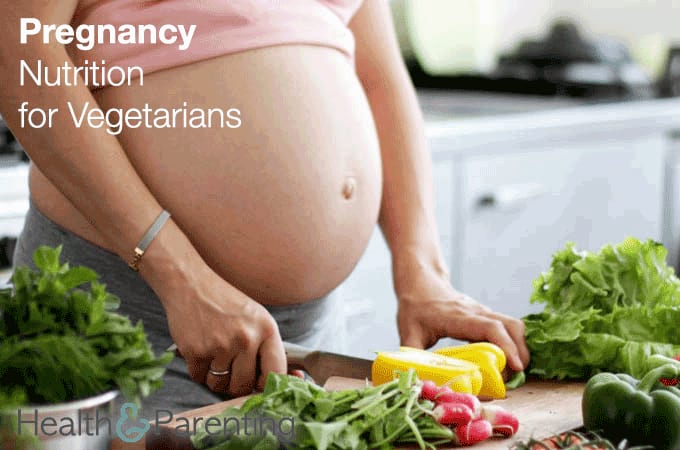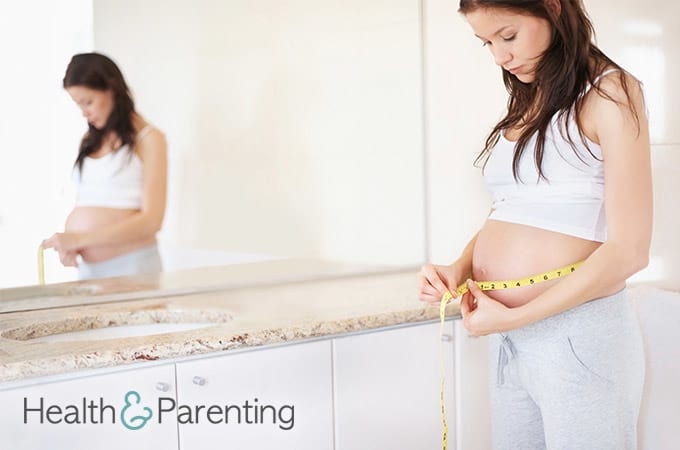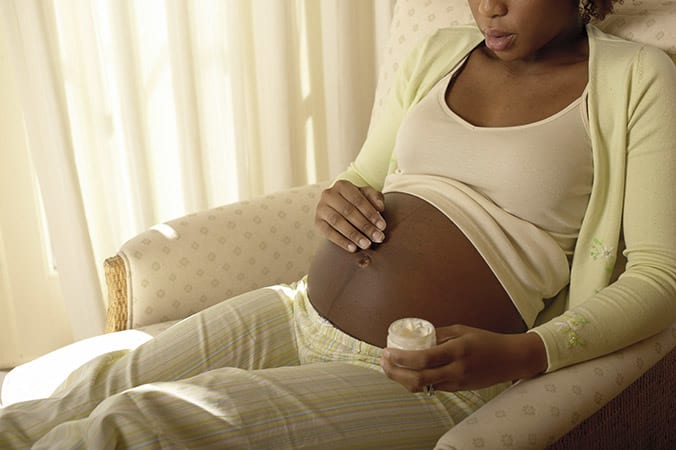The miracle of life begins upon conception of your baby, and continues to amaze as the months go by. As parents, you naturally wonder about the development of your little one during pregnancy. You probably want to know what your baby is doing at every stage: how big is he or she? can the baby hear or see? does he or she have hair? Here are some basics:
Week 1-4
Most women do not know that they are pregnant from day one. It’s often very difficult to know that exact date of conception. Most health care providers calculate your due date by counting 40 weeks from the first day of your last menstrual period (LMP). According to this method, they date the beginning of your pregnancy two weeks before ovulation. If your cycle is longer or shorter than average, this date may be less-than-accurate. At the moment of conception, your child’s gender and most of the inherited characteristics have been set. After fertilization, the embryo travels from the fallopian tube and implants itself in the uterus.
Week 4-10
This period of the development poses the greatest risk to your baby. During this time, all the internal organs, the spine, the legs and arms, and the heart start to develop. His heart starts beating, and his arms and legs grow and begin developing toes and fingers. Your baby is able to open and close his mouth, turn his head, make a fist, and kick (though you won’t feel those movements for quite some time). Reproductive organs also start to develop, but the baby’s gender is still hard to determine on an ultrasound at this point.
Week 10-20
Your baby starts to inhale and exhale small amounts of amniotic fluid, helping his lungs to develop. His ears start to develop and his head is still bigger than his body. But, do not worry! It will even out as he grows. The risk of miscarriage also decreases after week 13. The baby grows rapidly and his eyelashes, fingernails, and vocal cords develop.
Week 20-28
At this stage of development, his head and body seem to even out, so he doesn’t look so top-heavy! His eyebrows, hair, and toenails begin to grow, and his teeth start forming under the gums. Fine, soft hair (called lanugo) begins to grow, and a white, creamy covering (called vernix caseosa) develops all over his body. Both of these protect baby’s skin while he is in utero. During this time, you can probably feel your baby move. He is also able to open his eyes.
Week 28-40
In the third trimester, your baby grows significantly. During this time, your baby’s vision and hearing will develop further. The baby reacts to light directly on your abdomen, and hears and recognizes your voice. Taste buds are now present on his tongue and he learns how to swallow. Amniotic fluid even takes on strong smells from your diet!
Sometime between 38 and 42 weeks, your baby will make his grand entrance into the world, and you will finally get to see all you had wondered about during his development.
This information is not intended to replace the advice of a trained medical doctor. Health & Parenting Ltd disclaims any liability for the decisions you make based on this information, which is provided to you on a general information basis only and not as a substitute for personalized medical advice. All contents copyright © Health & Parenting Ltd 2018. All rights reserved.





















